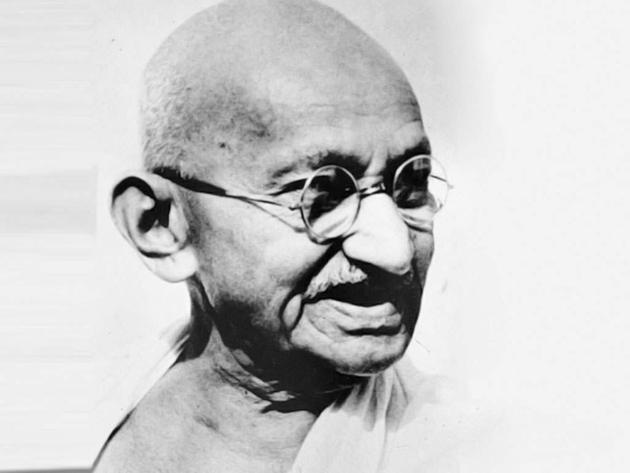Hindu-Muslim unity is an exercise contemporary Indian politicians must do more to achieve
Mahatma Gandhi was shot dead today, in the heart of Delhi, in 1948. Any tribute to the father of nation can only be riddled with clichés, but remembering him, and what he meant to India, is an essential exercise, which, as his most recent biographer Ramchandra Guha put it, every generation needs to do. Gandhi’s life, and his death, still hold lessons for contemporary India.
Mahatma Gandhi was shot dead this day, in the heart of Delhi, in 1948. Any tribute to the father of nation can only be riddled with clichés, but remembering him, and what he meant to India, is an essential exercise, which, as his most recent biographer Ramchandra Guha put it, every generation needs to do. Gandhi’s life, and his death, still hold lessons for contemporary India.

The first of these lessons is not that he helped make India free. It is the manner in which he shaped the freedom movement. Two features marked Gandhi’s politics: faith in people, and thus the investment in making Congress a mass based organisation and democratising it; and non violence. If Gandhi could do this against a repressive colonial regime, there is no reason why dissident political movements should not be able to do so today. Any group having any grievances with the Indian state must demonstrate their democratic character and must remain non violent. And the state must respond to such movements. Kashmiri separatists, Maoists, and insurgents in the northeast would do well to remember this.
But Gandhi was a multi-dimensional man. Even while fighting for freedom, he had other concerns, and among them, was caste. Gandhi’s views on caste evolved and there remains a strong Ambedkarite tradition, which sees him as an apologist for Brahmanism. This is frankly not true. The fact is that, besides BR Ambedkar, no leader of the national movement in that period did as much to reform Hindu society, battle against untouchability, change upper caste attitudes, and commit himself to the cause of social justice as Gandhi, who at the same time had to take all communities along for the larger cause of freedom. Caste discrimination remains an entrenched reality even today. And only a combination of Gandhi and Ambedkar’s ideas can battle it.
And finally, it is in his death that Gandhi left us with an abiding legacy. A Hindu fanatic, who perceived him as pro-Muslim and pro-Pakistan, and held him responsible for Partition, killed Gandhi. The irony could not have been starker; there were few leaders as staunchly Hindu, and as willing to be public about their faith, as Gandhi. But he was also secular and Hindu-Muslim unity was central to his political beliefs. Gandhi’s work was unparalleled in many ways: he ensured that the Congress remained a secular organisation; that Muslims were a part of the freedom movement; he brought peace to riot affected regions — from Bengal to Delhi — during Partition; and made sure that India did not become a Hindu Pakistan. Hindu Muslim unity is an exercise contemporary Indian politicians must do more to achieve. Few would believe, to paraphrase Albert Einstein, that such a man ever walked on this earth. Gandhi lives on, 71 years after he died.



